Across North America: 12 International EMIGRA Fellows Will Collaborate in Communities to Improve Migratory Species Research Outcomes
The international EMIGRA research team studying cross-border conservation and governance of migratory species has selected 12 new Conservation & Cultural Research Fellows to engage directly with communities across North America.
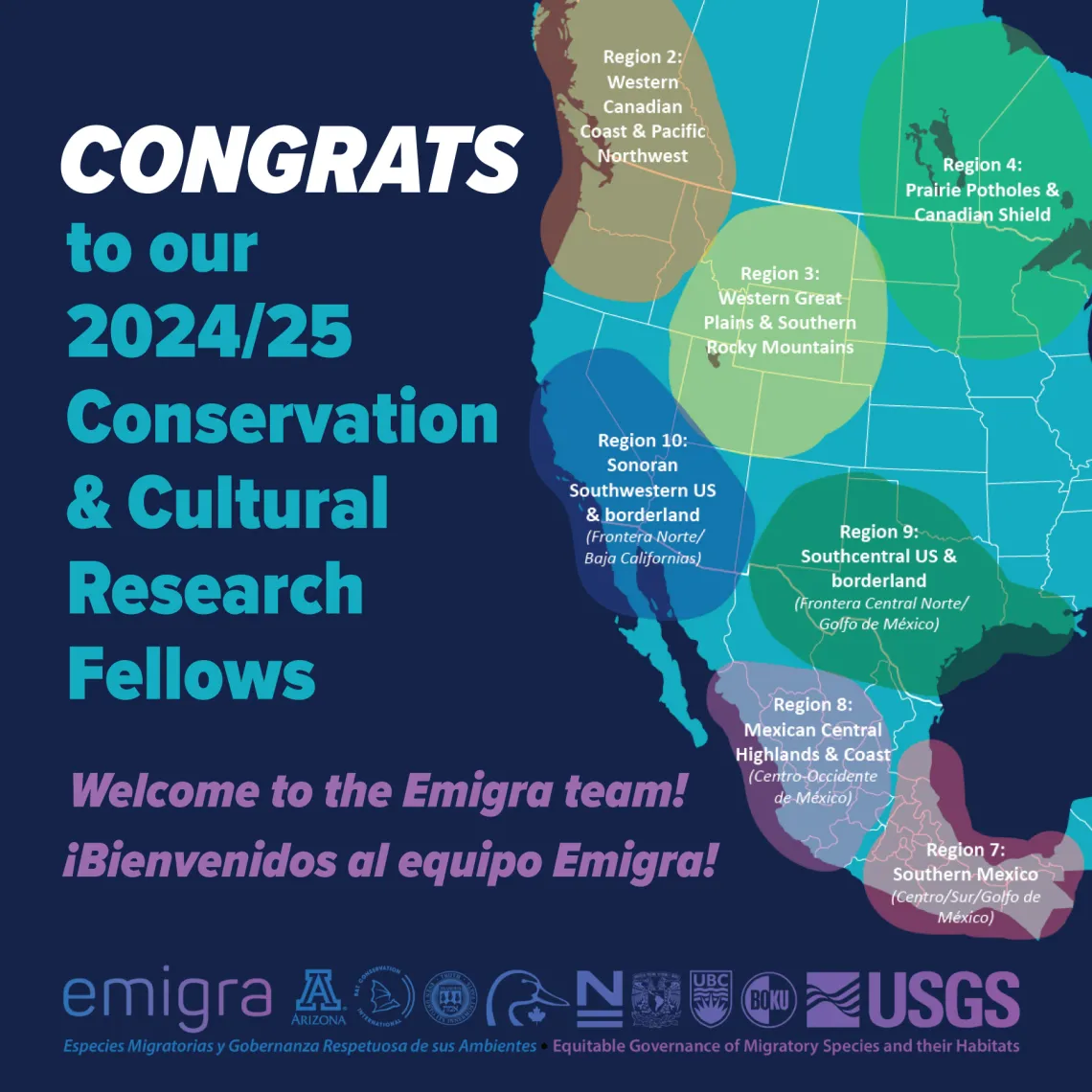
Building on over 15 years of research, the Especies Migratorias y Gobernanza de sus Ambientes (“Equitable Governance of Migratory Species and their Habitats” or EMIGRA) project has entered a phase of research that seeks to better understand the social, environmental and governance interactions related to migratory species in North America.
Twelve newly appointed EMIGRA Conservation & Cultural Research Fellows will each work in one of ten unique regions that span the continent from western Alaska to southern Mexico. The researchers hope to learn about the various ways local, rural and Indigenous communities may interact with, perceive or value migratory species and the land they all depend on, and the extent to which they have been included in past conservation efforts.
These Fellows will build on the EMIGRA team’s previous research of three key species – Mexican free-tailed bats, monarch butterflies and pintail ducks – while incorporating research for ten additional species.
Their efforts will provide critically important data for the EMIGRA team’s goal of developing ideas for equitable migratory species governance that recognize the roles all stakeholders play in conservation.
Read on to meet the Fellows and learn what most excites them about their new roles on the EMIGRA team.
Nicole Brooks
Region: New England & Maritime Canada
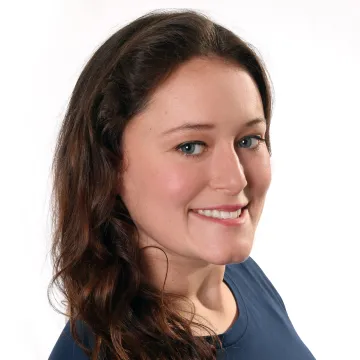
Nicole Brooks (Penobscot and Passamaquoddy) from Chesapeake, Virginia will use this fellowship to further her understanding of community coordination with nature.
“I am excited to have the opportunity to be creative with this research by incorporating my own Indigenous identity. I am also looking forward to learning from my teammates and their unique experiences.”
Elizabeth Figus
Region: Southern Alaska & Yukon Territory
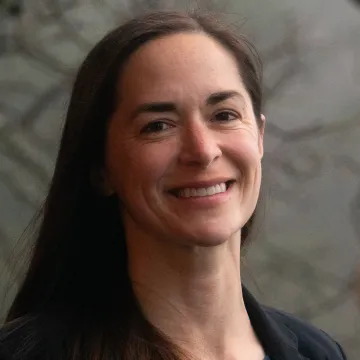
Elizabeth Figus from Juneau, Alaska is excited to begin her work as a Cultural Conservation & Research Fellow studying the relationships between communities and migratory species in Alaska and the Yukon territory.
“As part of EMIGRA, I look forward to learning more about the migratory species through documenting the knowledge of experts in my region while connecting with a talented group of researchers throughout North America.”
Codie Horse-Topetchy
Region: Southcentral U.S. & Borderland
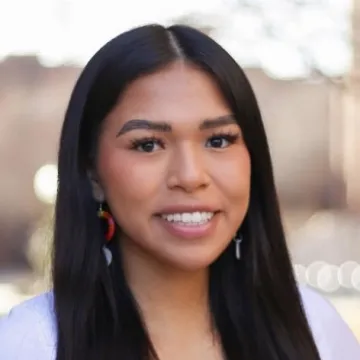
Codie Horse-Topetchy (Kiowa, Comanche and Otoe-Missouria) is an undergraduate research assistant from Norman, Oklahoma. She is elated to begin working with her colleagues around the continent to gain more in-depth knowledge of migratory species.
“I am excited to gain valuable research skills and work with my community! I am also excited to work alongside the amazing EMIGRA team.”
Alejandra Jiménez Ortega
Region: Sonoran Southwestern US & Borderland (Frontera Norte/Baja Californias)
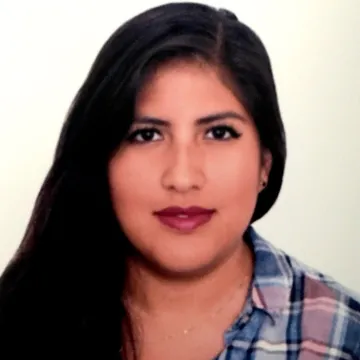
Alejandra Jiménez Ortega is from Ciudad de México, México and attends the Universidad Nacional Autónoma de México. She is interested in expanding her knowledge of the relationship between community culture and animal species.
“I am very excited to learn about new cultural forms and ways of interacting with species.”
Regina Loza Cárdenas
Region: Mexican Central Highlands & Coast (Centro-Occidente de México)
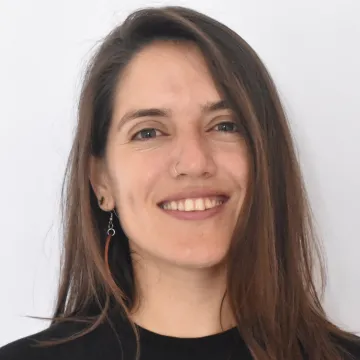
Regina Loza Cárdenas hails from San Antonio Tlayacapan, Chapala, Jalisco, México. She is ecstatic to begin working from the other side of the U.S.-Mexico border to research migratory species.
“I am thrilled to join the EMIGRA research team, working beyond borders and exploring conservation strategies that integrate communities for the conservation of migration routes.”
Roberto Méndez-Arreola
Region: Southcentral US & Borderland (Frontera Central Norte Golfo de México)
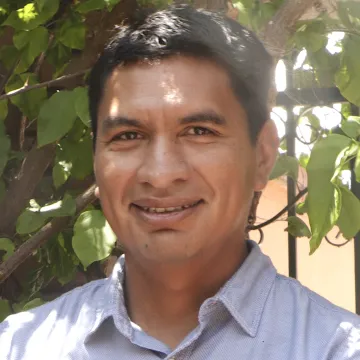
Roberto Méndez-Arreola is a lecturer at the Centro Chihuahuense de Estudios de Posgrado from Juárez, Chihuahua, México. He says he “cannot wait” to begin collaborating with the other Fellows on their research.
“For me, it is exciting to participate in a big project with people from three countries interested in collaborative and ethical methods of conservation of transborder and migratory species.”
Daniel Mendizabal Castillo
Region: Southern Mexico (Centro/Sur/Golfo de Mexico)

Daniel Mendizabal Castillo is a PhD candidate in Educational Research at the Universidad Veracruzana from Xalapa, Veracruz, México.
“¡La idea de trabajar en un proyecto de conservación - con perspectiva biocultural - para especies migratorias entre México, Canadá y Estados Unidos me parece increíble! Un sueño para mi como veterinario y educador ambiental.”
“The idea of working on a conservation project - with a biocultural perspective - for migratory species between Mexico, Canada and the United States seems incredible to me! A dream for me as a veterinarian and environmental educator.”
Gordon Okumu
Region: Western Canadian Coast & Pacific Northwest
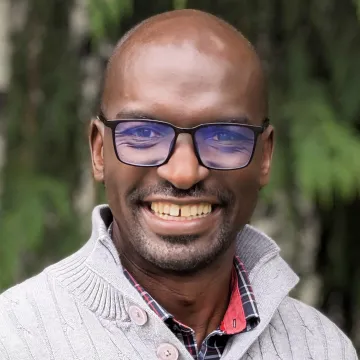
Gordon Okumu is based in Seattle, Washington and is in the School of Public Policy’s graduate program at Oregon State University. He is looking forward to creating deeper connections with local communities through this fellowship.
“As a Conservation & Cultural Research Fellow and participant in the EMIGRA Project, I am most excited about the prospect of fostering interdisciplinary collaboration and engaging deeply with local communities and Indigenous Peoples. Together, we can co-create innovative solutions for longstanding and environmental challenges, while promoting social justice and ethical stewardship.”
Daniela Pinedo-Torrentera
Region: Sonoran Southwestern US & Borderland (Frontera Norte/Baja Californias)
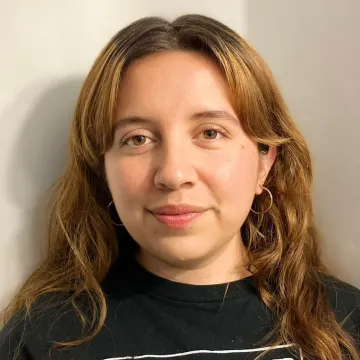
Daniela Pinedo-Torrentera from Ensenada, Baja California is ready to integrate her knowledge with her other Fellows to share perspectives and research.
“I am excited to collaborate with an interdisciplinary team and exchange experiences and knowledge from different territories.”
Johnnie Sabin
Region: Southcentral Atlantic Coastal

Johnnie Sabin is a Doctoral Candidate at East Carolina University from Atlanta, Georgia who plans to use the fellowship to gain a more comprehensive understanding of his region and contribute to the socio-ecological well-being of significant natural places.
“As an applied anthropologist seeking to improve our relationship with the natural world, I am stoked to gain a more holistic perspective on conservation in my neck of the woods (and waters). The Southeastern perspective offers critical insight into equitable conservation pathways for many diverse yet interconnected landscapes!”
Christine Van der Stege
Region: Western Canada Coast & Pacific Northwest
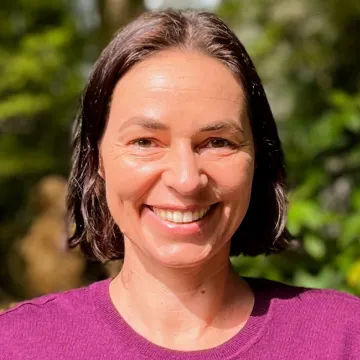
Christine Van der Stege from Victoria, British Columbia, Canada is a Research Affiliate at the University of Victoria. She is elated to expand her research of people-plant relationships into migratory species through this fellowship.
“Having researched social-ecological systems with a focus on people-plant interactions in the past, I am thrilled to join the EMIGRA Project with a focus on animal migratory species. I am excited to contribute with data from the Western Canadian Coast and Pacific Northwest to further the understanding of the species’ relations to human well-being across their migratory routes.”
Kirsten Vinyeta
Region: Western Great Plains & Southern Rocky Mountains
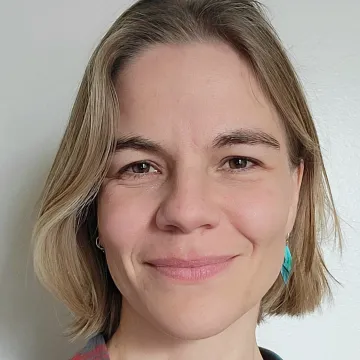
Kirsten Vinyeta is an assistant professor at Utah State University in Logan, Utah. She is thrilled to join the EMIGRA Project to expand her knowledge of migratory species.
“I am excited to integrate migratory species into my sociological work and to collaborate with an interdisciplinary and international team!”
Learn more about the Conservation & Cultural Research Fellowship here.

